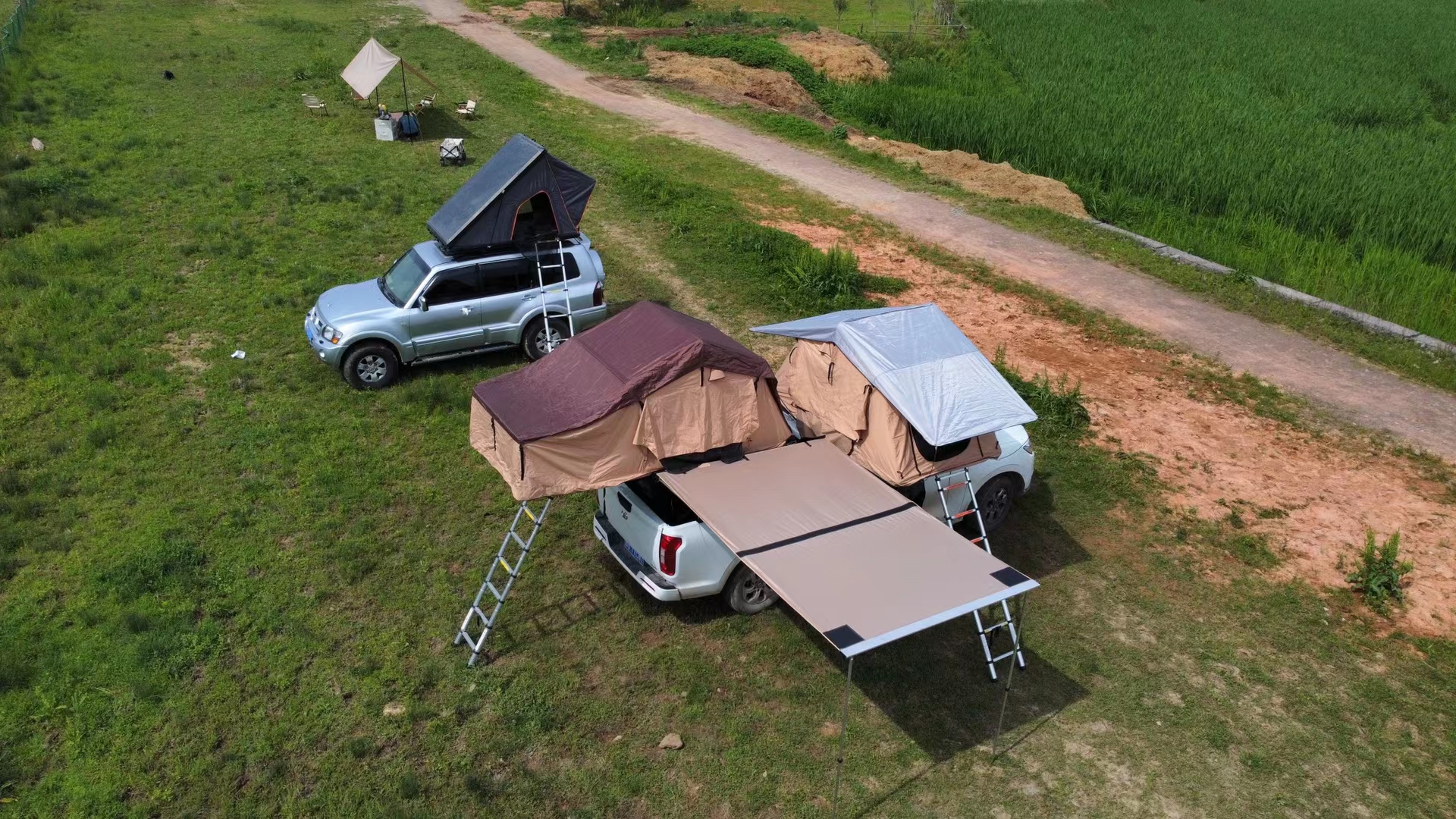Rooftop tents are popular with outdoor enthusiasts and campers alike as a practical and convenient solution for overnight accommodation during outdoor adventures. However, a common question that arises when considering a rooftop tent is whether it will have an impact on fuel efficiency.
The main idea of a roof top tent is to provide a sleeping area on top of the vehicle. This allows campers to have a comfortable and elevated sleeping space away from potentially uncomfortable or uneven ground. The issue of fuel consumption arises due to the added weight and wind resistance of roof tents.
Weight is an important factor in fuel efficiency. The heavier the vehicle, the more energy it takes to move it. Using a roof tent to raise the vehicle's center of gravity adds weight and may therefore have a slight impact on fuel consumption. It's worth noting, however, that unless the vehicle is already close to its maximum weight capacity, the effects are usually minimal.


Another factor to consider is wind resistance. Roof tents do increase the wind resistance of the vehicle, affecting its aerodynamics. This can result in reduced fuel efficiency, especially at high speeds. However, the effects of wind resistance can be mitigated by driving at moderate speeds and using wind deflectors, which help redirect airflow around the roof tent.
It's important to remember that the effect on fuel consumption will vary based on a variety of factors, including the weight and design of the roof tent, driving conditions, and the aerodynamics of the vehicle. In most cases, the impact on fuel efficiency is negligible and does not significantly alter the overall performance of the vehicle.
To ensure optimum fuel efficiency when using the roof tent, it is recommended to remove it when not in use. This will help reduce added weight and wind resistance, thereby improving fuel consumption. Additionally, properly maintaining your vehicle, including regularly checking tire pressures and making sure your engine is in good condition, can also help improve fuel efficiency.
In conclusion, while a roof tent may have a slight impact on fuel consumption due to the added weight and wind resistance, it is usually small enough not to significantly affect the vehicle's overall fuel efficiency. As with any vehicle modification, it's important to consider these factors, but also enjoy the convenience and comfort that a rooftop tent provides during your outdoor adventures.

Post time: Sep-01-2023